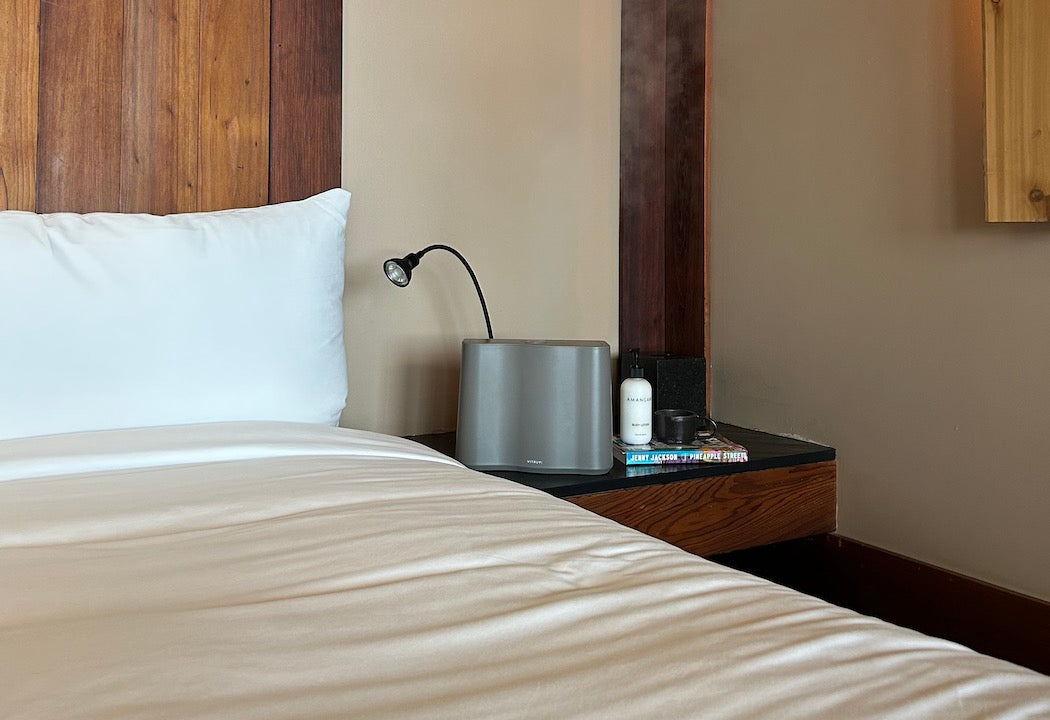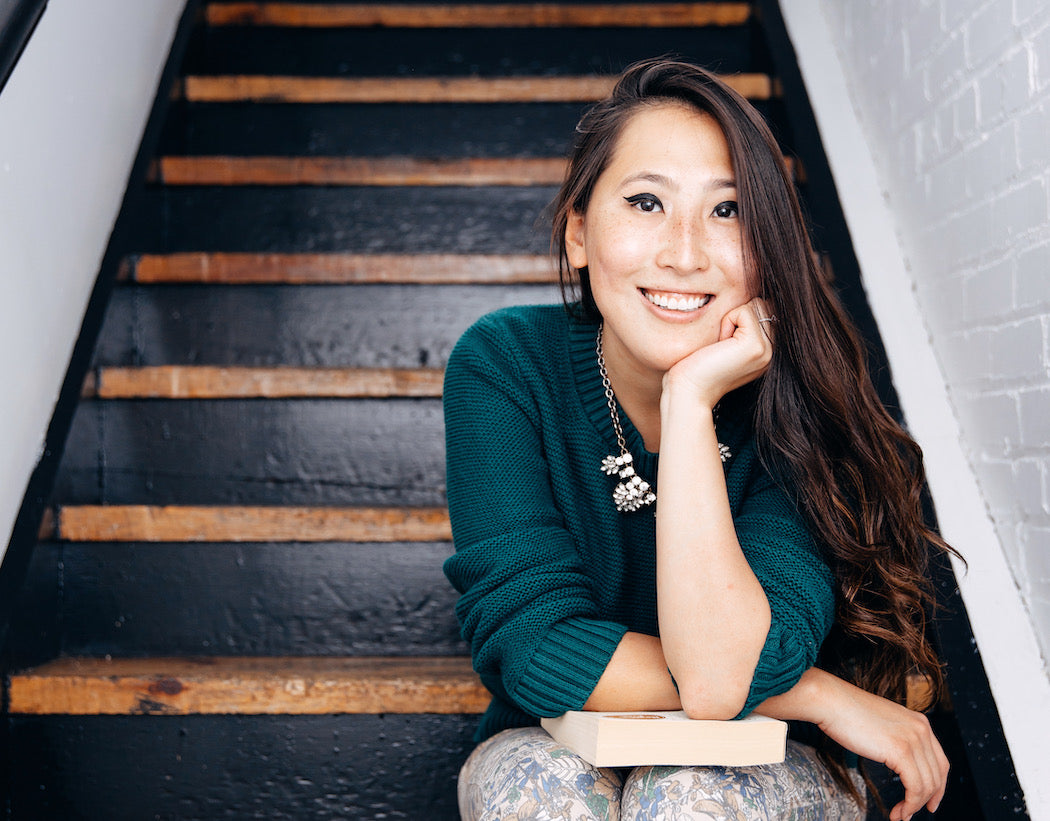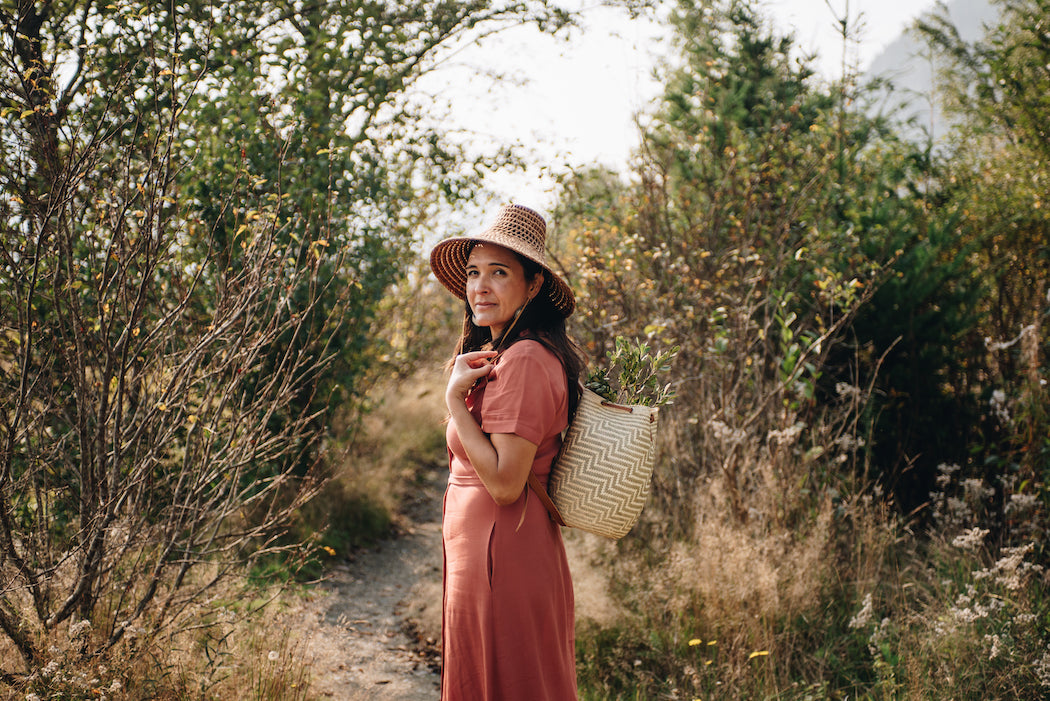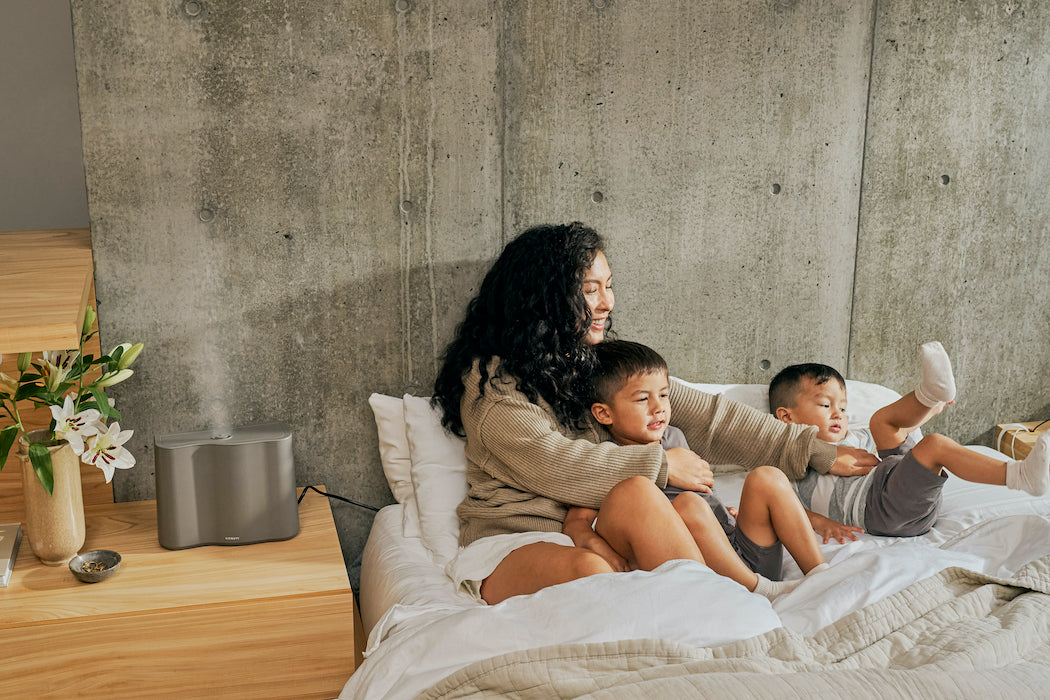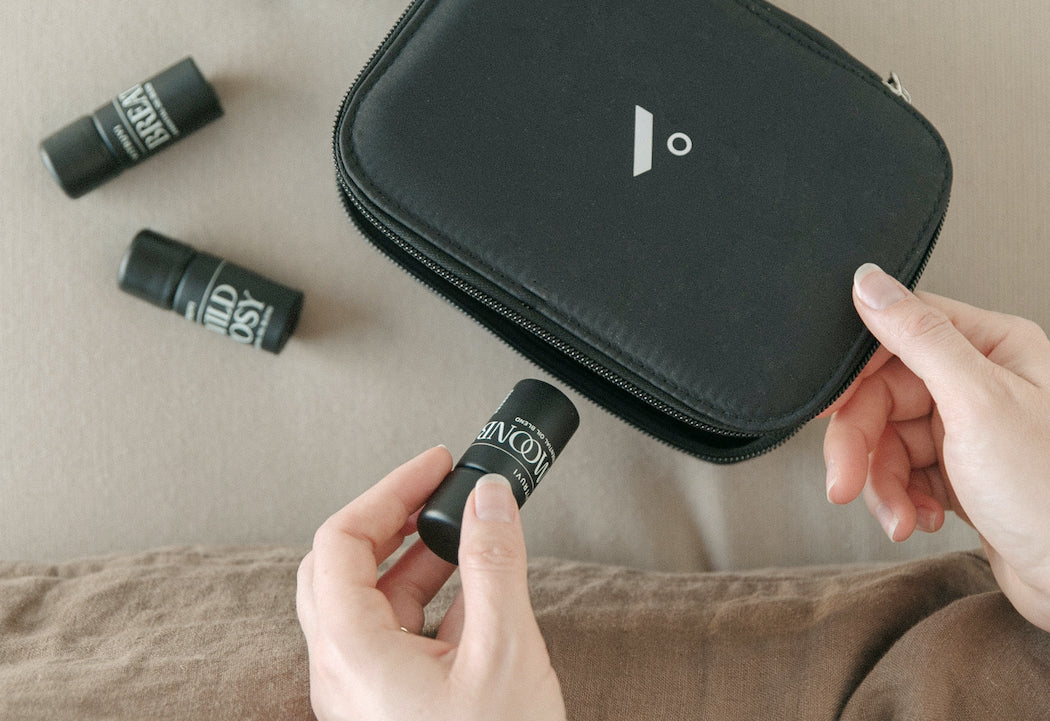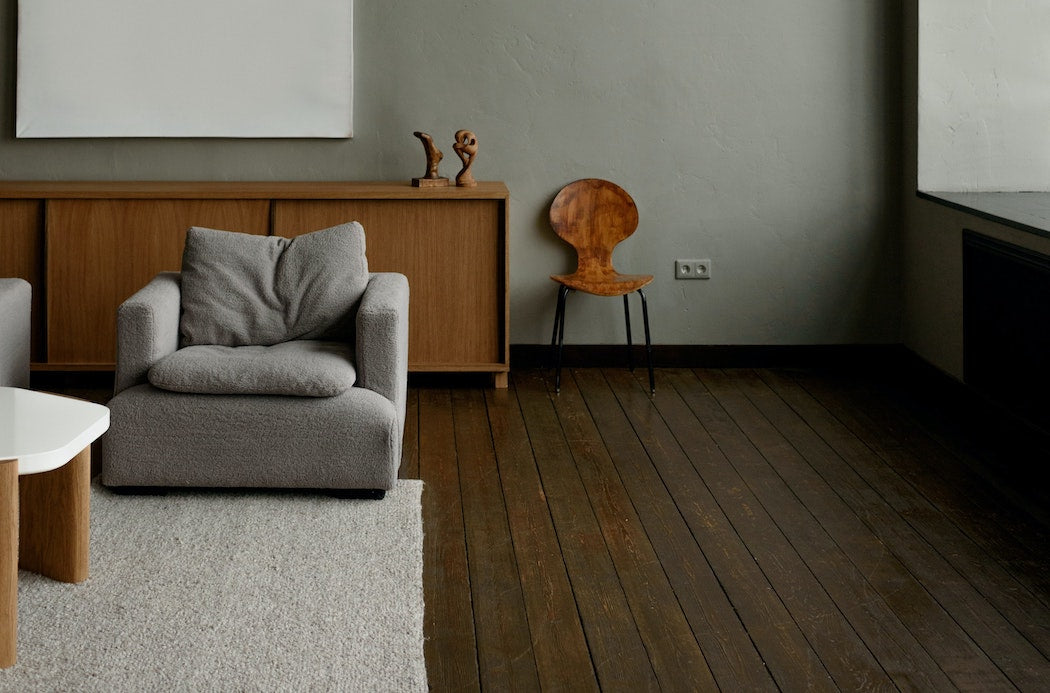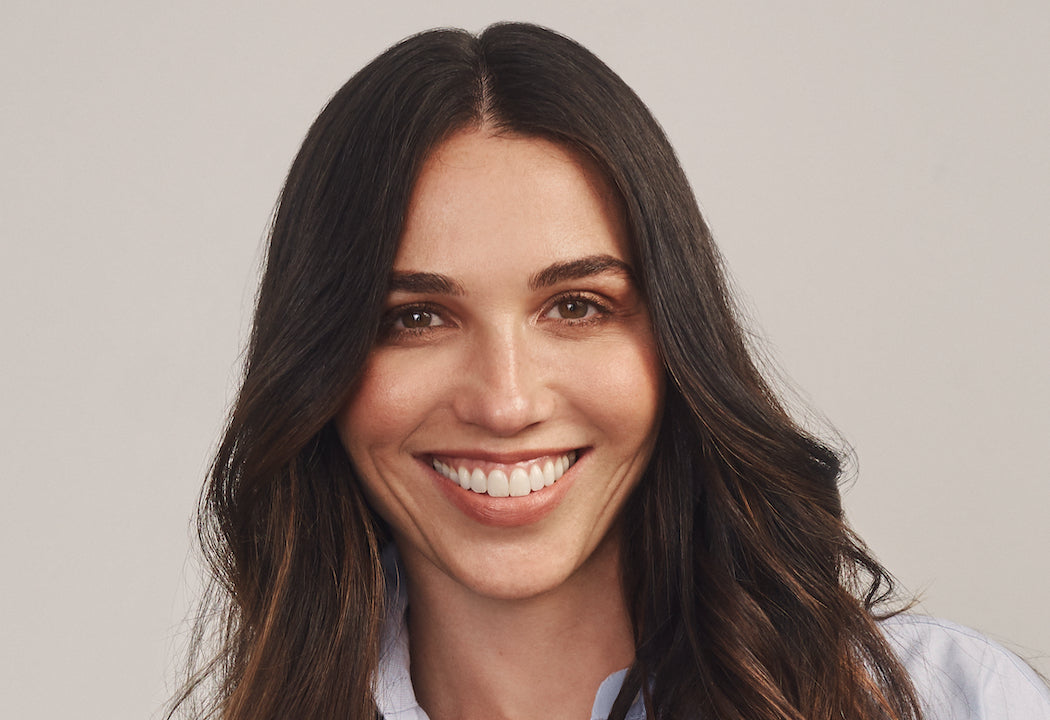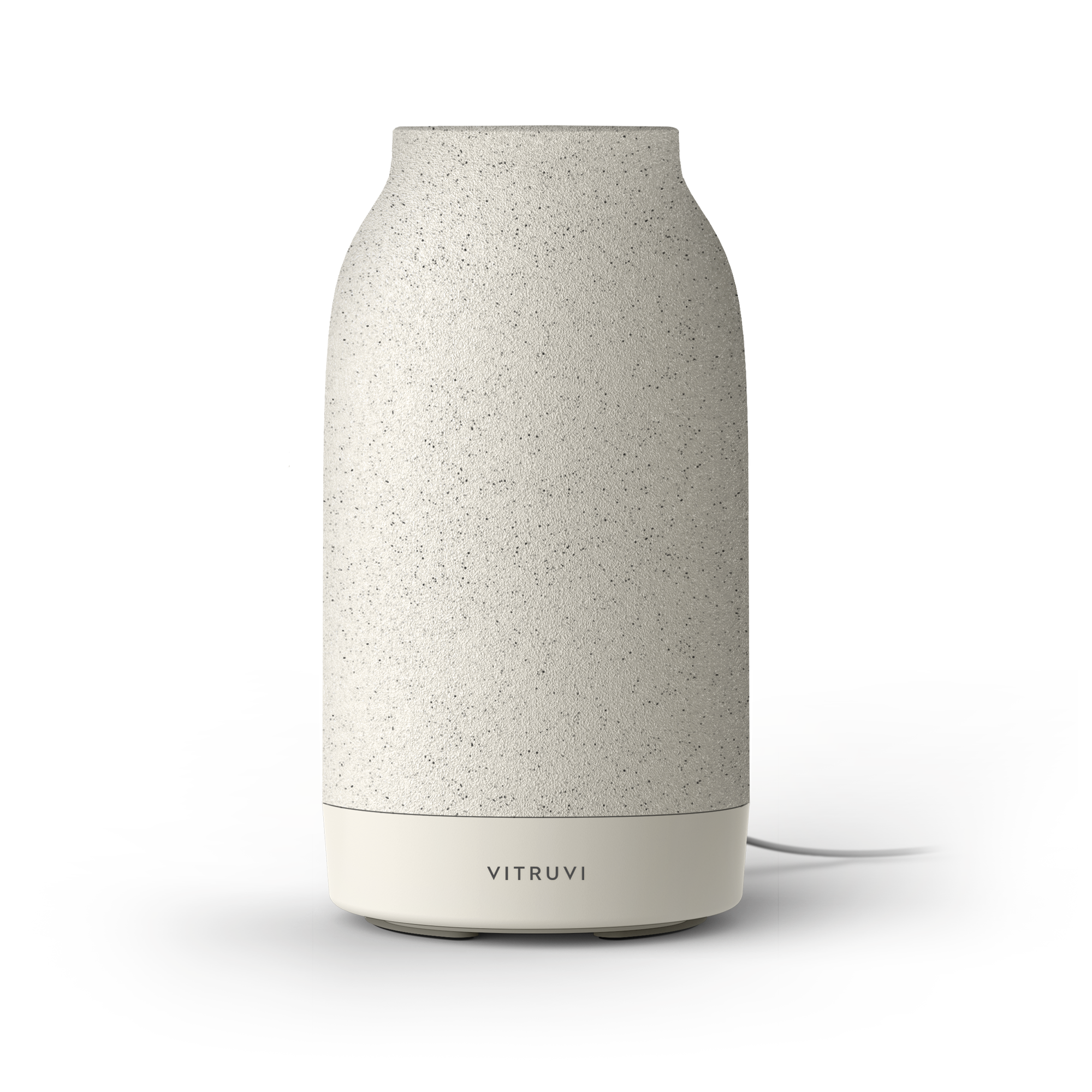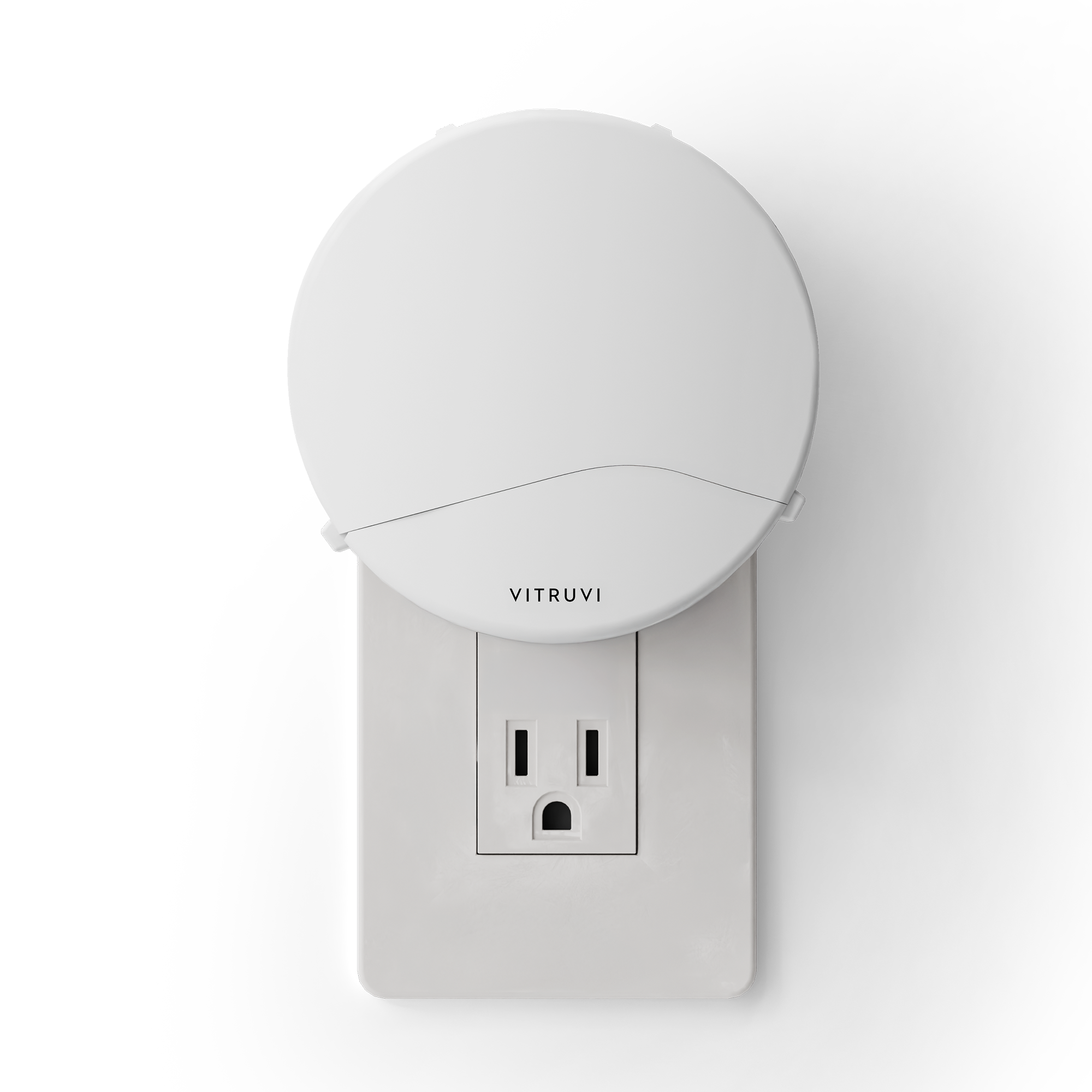A few years ago, I took a hard look at my recycling bin and was disgusted: it was overflowing with plastic bottles and containers. What’s worse, I knew that only nine percent of the plastic I put in the recycling bin actually ended up being turned into something new; the rest ended up in landfills or made its way into our oceans, leaving damaging microplastics in our food and bodies. Yuck. But what could I do about it?

It turned out to be quite difficult to eliminate single-use plastic waste, which is why Caitlin Rushton and I cofounded Better Basics. Plastic is an everyday problem that we knew everyone faced; as we started to pay attention to the amount of plastic a single home produced, we were overwhelmed with how much just kept coming day after day. We thought if we could create a line of products that was more sustainable and made it convenient to go plastic-free, then doing so would be a no-brainer.

Our philosophy on eliminating single-use plastic and reducing our environmental impact is simple. It all comes down to three principles that are easy to implement in your day-to-day life:
Reuse
Focus on purchasing high-quality products made out of durable materials and that can be reused again and again. Single-use plastic containers and bags are often not necessary; all it takes is remembering your reusable grocery bag (like our top-selling Grocerer Bag) or refillable coffee mug (like our Ever Mug) to save a piece of plastic that will sit in a landfill for hundreds of years.
Replace
Swap plastics for more biodegradable or recyclable materials. Paper, natural fabrics, and wood are biodegradable and compostable. Aluminum and steel are infinitely recyclable, and are widely accepted by recycling programs around the world. We chose to make our Ever Soap Dispensers out of steel—not only are they reusable, but when they need to be retired, they are blue-bin recyclable. And our Better Bristles dish brush is made out of bamboo, which is highly regenerative and compostable. When you are making your next purchase, take a look at the packaging and the materials that the product is made out of, and think about how you will dispose of it and where it will end up when you’re done with it.
Bulk up
Save packaging by going with bigger, bulk sizes. When you are using a commodity like soap every day, you can save plastic bottles (not to mention money) by swapping to a bulk refill in a better package, like our paper refill jugs.
When you are starting to make the switch to greener choices, it’s also critical to look a little bit deeper into where your products are made, as well as what kinds of certifications their companies have, along with any commitments to sustainability. For example, cotton is one of the most common materials for clothing and household products, but it takes an enormous amount of energy to produce—and creates 10 percent of our global carbon emissions. Organic cotton, however, reduces water consumption by 88 percent and carbon emissions by 62 percent. That’s why all of our cotton bags are certified organic cotton by GOTS, the industry’s leading agency.

Our final tip on eliminating single-use plastics: start small, and don’t worry if you can’t do it all. Set new habits and achievable goals that will slowly improve the environmental footprint of your lifestyle and the products in your household. And just know that even after owning a business and researching all of the best solutions, I am not even completely plastic-free. We believe the solution is more about a daily practice of making better decisions, and not trying to be perfect—just doing a little better every day.



